Self-esteem is central to everything in a person’s life. Also known as self-value or self-respect, self-esteem refers to the way we see ourselves, which shapes our behaviors and decisions. Having strong self esteem encourages us to push through challenges, try new things, and believe in ourselves.
As parents, we try our best to foster positive self-esteem in our children. Yet we sometimes make mistakes when it comes to what to say and how that impacts our children’s self-esteem. We are, after all, only human.
We need to be mindful that those mistakes we make in how we relate to our children and teens don’t negatively affect them. As I wrote in my book, 10 Days to a Less Defiant Child, to avoid these mistakes, we first need to know what they are.
Here 4 Ways Parents Can Damage Their Children’s Self Esteem
1. Yelling And Hitting
Nothing lowers self-worth like yelling and hitting. When you yell and hit, you show poor impulse control delivered through a temper tantrum with the goal of disempowering your child. What kind of life lesson is that to teach?
To be sure, most of us have yelled. I have yelled at my kids and even grabbed them in a few past isolated incidents. I am not proud of this, and I encourage you to realize, as I did, that we are bullying our children when we yell at or hit them.
While it may feel as if you have succeeded in getting them to stop their offensive behaviors, it’s a short-term fix, and you’ve really just succeeded in making them feel diminished. Yelling and hitting from parents interferes with your child being able to have a constructive conversation to problem-solve, work through conflicts, and build self-esteem.
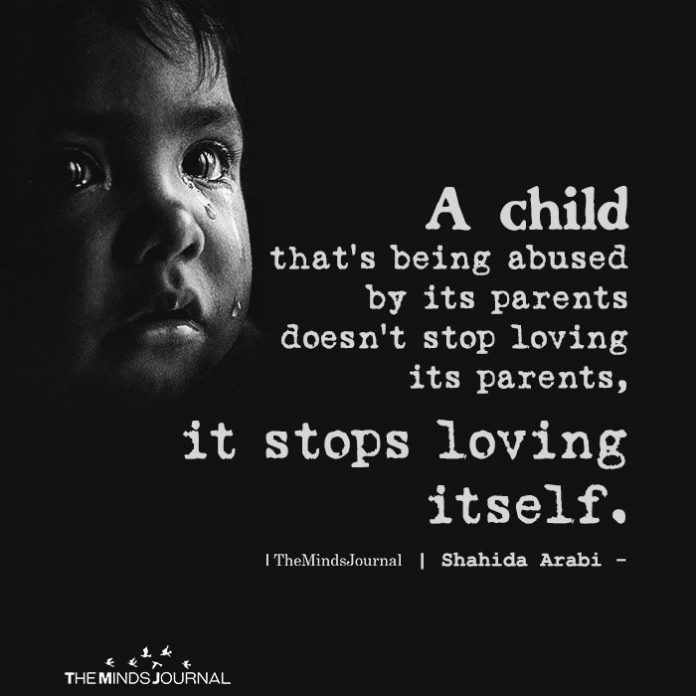
Related: 25 Signs of A Controlling Parent And How To Cope With Them
2. Dwelling On Past Conflicts
Once a problem or conflict is resolved, don’t keep mentioning it. Children should be allowed to start over with a clean slate. Parents who bring up children’s past mistakes are teaching them to hold grudges for long periods of time.
Also, children need to know that once a matter is settled, it becomes part of the past. The more a child can be reinforced for their positive behaviors and choices going forward, the better they will feel about themselves. And they will naturally be less likely to repeat poor past choices for negative attention.
3. Injecting Guilt
It’s one thing to ask a child how they would feel if they were in your shoes or someone else’s in a given situation. Too often, however, parents push this to the limit and try to make their children feel guilty because of their thoughts, feelings, or actions. Parents who use guilt to control their children run the risk of alienating them.
A client of mine whom I’ll call Loretta used to sling loads of guilt at her 14-year-old son, Harold, whom her neighbor found vaping marijuana. For 10 straight minutes, Loretta peppered Harold with statements like, “How embarrassed do you think I feel now that the neighbors know our problems?” and “Don’t you realize how you have ruined my trust in you?” In response to these guilt-slinging comments from Loretta, Harold just became agitated and stormed out.
I subsequently coached Loretta to put her wounded ego aside and give her son what he really needed: support and understanding. Loretta used a calm, firm, and non-controlling approach to get Harold to open up to her about how he caved into peer pressure. They reconnected, and Harold soon abandoned his problematic peer group along with his interest in vaping.
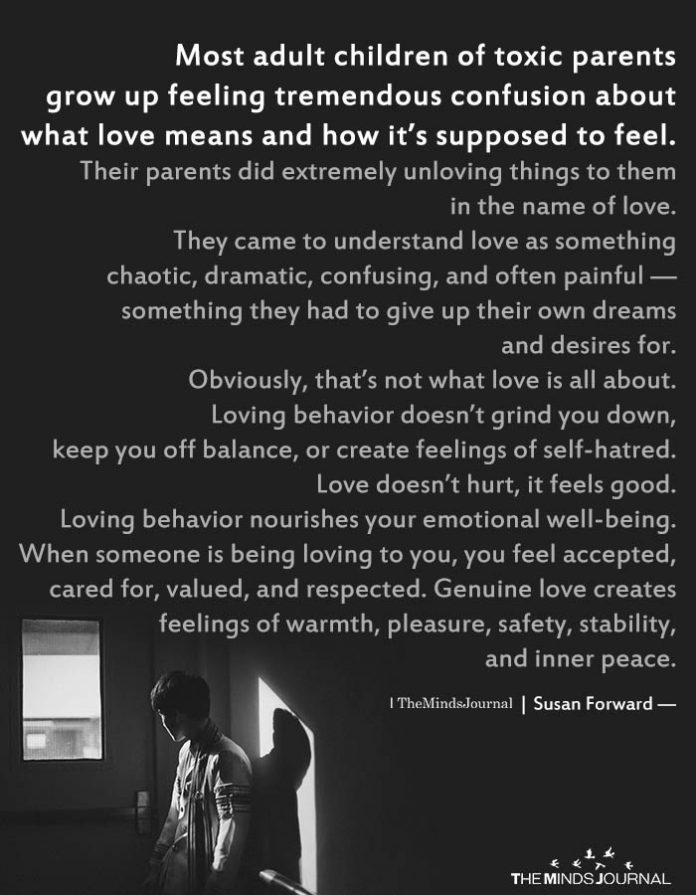
Related: 7 Tools To Foster Autonomy and Encourage Child Development
4. Speaking With Sarcasm
You are using sarcasm if you say things you don’t mean and imply the opposite of what you’re saying through your tone of voice. An example would be saying something like, “Oh, aren’t you bright,” when your child makes a poor choice. The use of sarcasm hurts children because it feels shaming. Putting a child down through sarcasm creates an obstacle for parents trying to communicate effectively with their children
There May Be More Lost Than Self-Esteem
In addition to negatively impacting self-esteem, each of the negative parenting behaviors described above can increase defiant behavior in your child. Children who bottle up their feelings as a result of being exposed to the parenting behaviors discussed above may lash out later on in ways that are emotionally hurtful and upsetting. Many children and teens have confided with me about negative emotions and behaviors they engage in after feeling hurt by their parents.
Related: What Type Of Parent Are You? QUIZ
Own Your Behaviors To Get Control Of Them
It’s easy to say, “I just won’t do that anymore,” and still fall into the pattern of repeating these problematic behaviors. Occasional slips may occur. When they do, address these negative behaviors with your child.
Sal, a single father I worked with, shared with me a recent breakthrough he had made with his 13-year-old son, Anthony. Sal was a self-proclaimed “hard ass in recovery.” He had a history of yelling at Anthony around the house and at soccer games.
Sal had made very strong progress in relating to his son in a far less critical manner—until one night when Anthony and Sal were at a soccer awards banquet, and Sal sarcastically mocked him for looking down when he received his award. I coached Sal not to beat himself up, and he was determined to continue to be less controlling and more open.
With this in mind, Sal approached Anthony and said, “Anthony, I apologize for being so sarcastic and critical of you. Seeing you up there, getting that award, made me feel honored to be your father.”
Anthony later told me, “Dad really seems to get it now.”
Conclusion
Your ways of interacting with your child play a huge influence in shaping how she or he develops self-value in their life. The more you communicate in positive ways, and model being accountable for your negative behaviors, the more you can influence your child to do the same—and gain self-esteem in the process.
References:
Bernstein, J. (2015) 10 Days to a Less Defiant Child 2nd Ed., NY: DeCapo Press.
Written by: Jeffrey Bernstein, Ph.D.
Originally appeared on: Psychology Today
Republished with permission
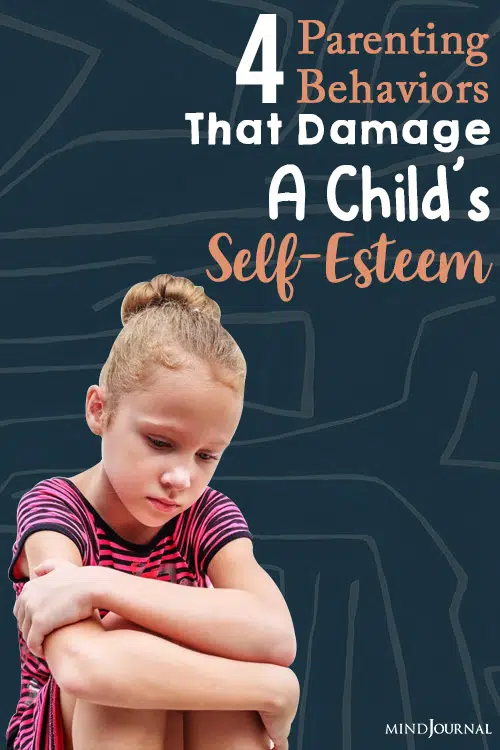
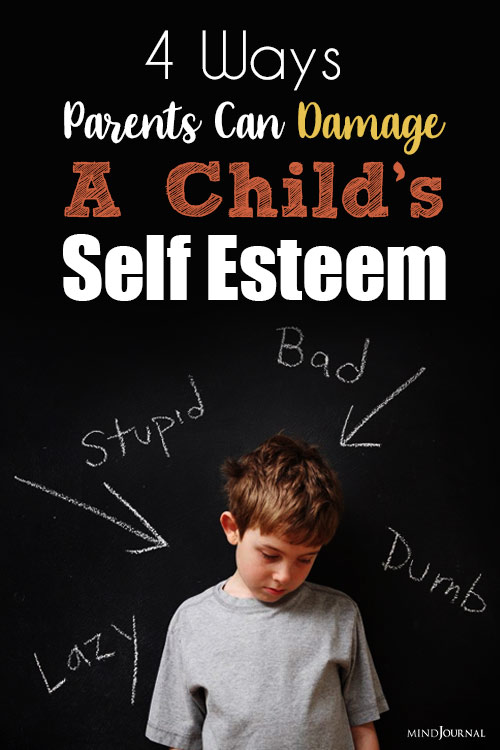
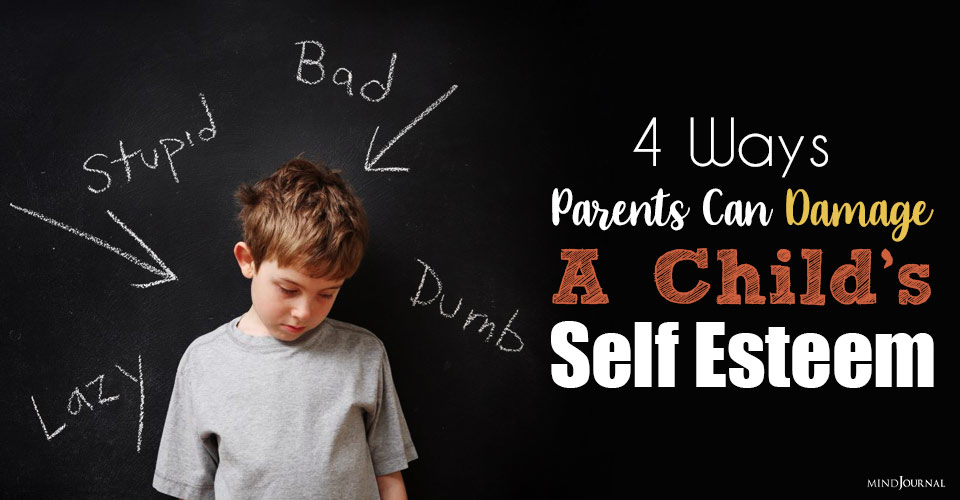









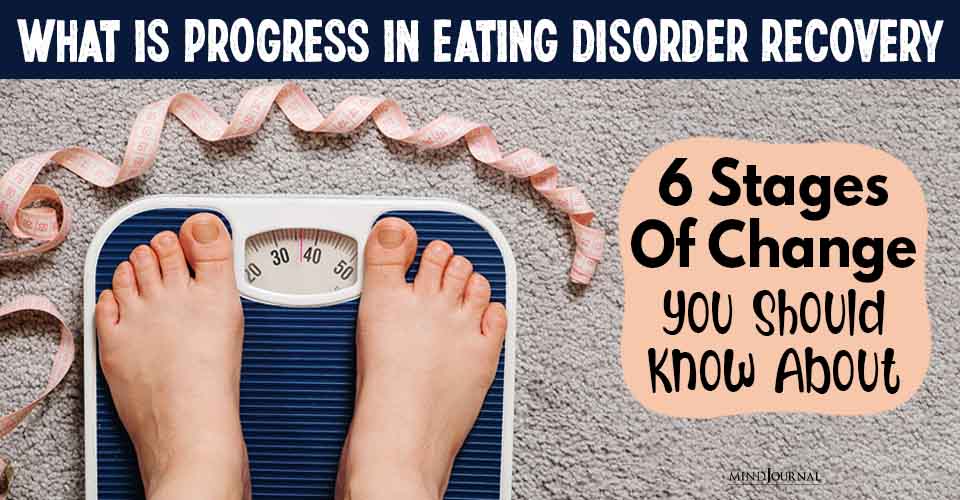

Leave a Reply
You must be logged in to post a comment.